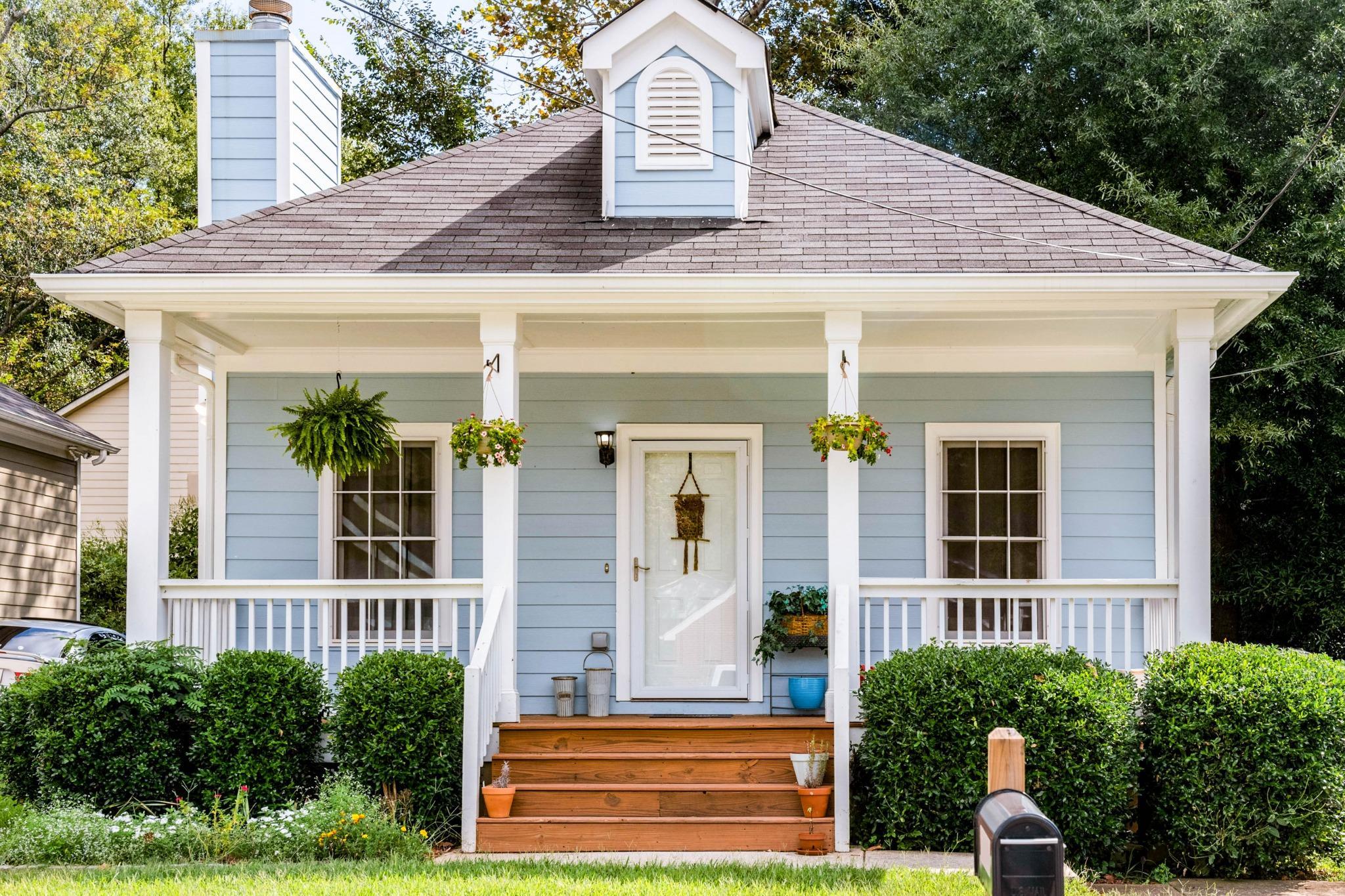Planning for the future is essential, especially when it comes to your estate. A will is a vital tool in this process, ensuring your assets, including your home, are distributed according to your wishes. But what happens if you die without a will? Who inherits your house? The answer can depend on a variety of factors, such as state laws and family relationships. Let’s explore the complexities of dying intestate and who ultimately becomes the owner of your home.
Navigating intestacy laws when dying without a will
If a person dies without a will, intestacy laws come into effect to dictate how the deceased’s assets, including real estate like a house, will be divided. Without a will, the state follows a predetermined hierarchy to decide who inherits the property.
Usually, the deceased’s spouse or civil partner is the primary beneficiary of the house. If there is no spouse or civil partner, the next of kin, such as children or parents, may be entitled to the property. It’s crucial to understand that if you are not legally married or in a civil partnership, your partner may not automatically inherit your house if you die without a will.
Having a will is essential to ensure that your assets, including your house, are distributed according to your preferences. By drafting a will, you can specify who you want to inherit your property and prevent potential disputes among family members. Consulting with a legal expert can help you comprehend the laws of intestacy and ensure that your property is passed on as you wish.
State laws determining property inheritance
State laws govern who is entitled to inherit your house if you die without a will. This means that if you die intestate, the distribution of your property will be determined by the laws of intestate succession in your state.
Typically, your house will be passed down to your closest living relatives, such as:
- Spouse
- Children
- Parents
- Siblings
It’s important to note that if you have a surviving spouse, they will usually be the first in line to inherit your house. If you don’t have a spouse, then your children will likely be next in line to receive your property.
The significance of a will in asset distribution
Creating a will is crucial to ensure that your property is distributed to the intended beneficiaries when you pass away. Without a will, the distribution of your assets will be determined by the intestacy laws of your state, which may not align with your preferences. This can lead to complications and disputes among family members, causing unnecessary stress and legal battles.
By drafting a will, you have the power to decide who will inherit your property and assets. You can designate specific individuals as beneficiaries, including family members, friends, or charitable organizations. Additionally, a will allows you to appoint an executor to oversee the distribution of your estate, ensuring that your wishes are executed effectively.
Take control of your legacy by creating a will today. By planning for the future, you can provide peace of mind for yourself and your loved ones. Don’t leave the fate of your property to chance – draft a will to secure a brighter future for your beneficiaries.
Legal guidance in the complex process of estate distribution
When someone dies without a will, the distribution of their estate can become a complex and contentious process. Without clear instructions in place, state laws will dictate how assets are divided among surviving family members.
Seeking legal advice from an experienced estate planning attorney can help you navigate this complex process and ensure that your wishes are carried out. An attorney can provide guidance on the following key factors:
- Identifying potential heirs and beneficiaries
- Understanding state laws regarding intestate succession
- Evaluating tax implications of estate distribution
- Drafting a legally binding will to avoid uncertainties
By taking proactive steps to create a will or trust, you can have peace of mind knowing that your assets will be distributed according to your wishes and minimize the burden on your loved ones during an already difficult time.
Conclusion
In conclusion, it is important to remember the significance of having a will to ensure that your assets are distributed according to your wishes after you pass away. Without a will, the laws of intestacy will determine who inherits your property, which may not align with what you would have wanted. By taking the time to create a will, you can provide peace of mind for yourself and your loved ones, knowing that your assets will be handled as you intended. So, don’t delay – start planning for the future today.
 What Happens to Your Home If You Pass Away Without a Will?
What Happens to Your Home If You Pass Away Without a Will?
When it comes to estate planning, one crucial document that often gets overlooked is the will. A will is a legal document that outlines how a person’s assets, including their home, should be distributed upon their death. However, if you pass away without a will, also known as intestate, your home and other assets will be subject to the laws of your state. In this article, we will explore what happens to your home if you pass away without a will, the implications for your loved ones, and what steps you can take to avoid this situation.
Implications of Passing Away Without a Will:
If you die without a will, your home and other assets will be distributed according to the intestacy laws of your state. These laws typically prioritize the deceased person’s spouse, children, parents, and other close relatives as beneficiaries. Here are a few key implications of passing away without a will:
– Loss of Control: Without a will, you have no say in how your assets are distributed. The state laws will determine who inherits your home, which may not align with your wishes.
– Extended Probate Process: In the absence of a will, the probate process can be more complex and prolonged. This can result in delays in the distribution of your assets, including your home.
– Potential Family Disputes: When assets are distributed according to state laws, it can lead to conflicts among family members who may have different opinions on how the assets should be divided.
– Increased Costs: The probate process can be costly, with legal fees and court expenses adding up. Without a will, these costs can further increase, reducing the overall value of your estate.
What Happens to Your Home:
When you pass away without a will, the distribution of your home will depend on your marital status and family situation. Here is a general overview of what happens to your home if you pass away intestate:
– Married with Children: If you are married with children, your spouse will typically inherit a portion of your home, with the rest divided among your children according to state laws.
– Married without Children: In this scenario, your spouse may inherit the entirety of your home under intestacy laws.
– Unmarried with Children: If you are unmarried but have children, your children will inherit your home equally, in most cases.
– Unmarried without Children: If you are unmarried and without children, your home may pass to your parents, siblings, or other close relatives based on state intestacy laws.
How to Avoid Intestacy:
To avoid intestacy and ensure that your home is distributed according to your wishes, it is essential to create a will. Here are a few steps you can take to avoid intestacy:
– Create a Will: Consult with an estate planning attorney to create a comprehensive will that outlines how your assets, including your home, should be distributed.
– Update Your Will: Regularly review and update your will to reflect any changes in your family or financial situation.
– Consider a Trust: Setting up a trust can provide added protection for your assets and may help expedite the distribution process.
– Communicate Your Wishes: Clearly communicate your wishes to your loved ones to avoid any potential conflicts or misunderstandings.
In conclusion, passing away without a will can have significant implications for the distribution of your home and other assets. By creating a will and taking proactive steps to protect your estate, you can ensure that your wishes are carried out and provide peace of mind for your loved ones. Don’t leave your home’s fate to chance – start planning your estate today.
Benefits and Practical Tips:
– Benefits of Creating a Will: Creating a will allows you to have control over the distribution of your assets, including your home. It can help avoid family disputes, reduce probate costs, and provide clarity for your loved ones.
– Practical Tips for Estate Planning: Start the estate planning process early, gather important financial documents, choose a reliable executor, and consult with a qualified estate planning attorney to ensure that your wishes are carried out.
Firsthand Experience:
“I recently lost a family member who did not have a will, and it was a challenging and time-consuming process to distribute their assets, including their home. Seeing the impact of intestacy firsthand, I realized the importance of creating a will and taking proactive steps to protect my own estate.”


